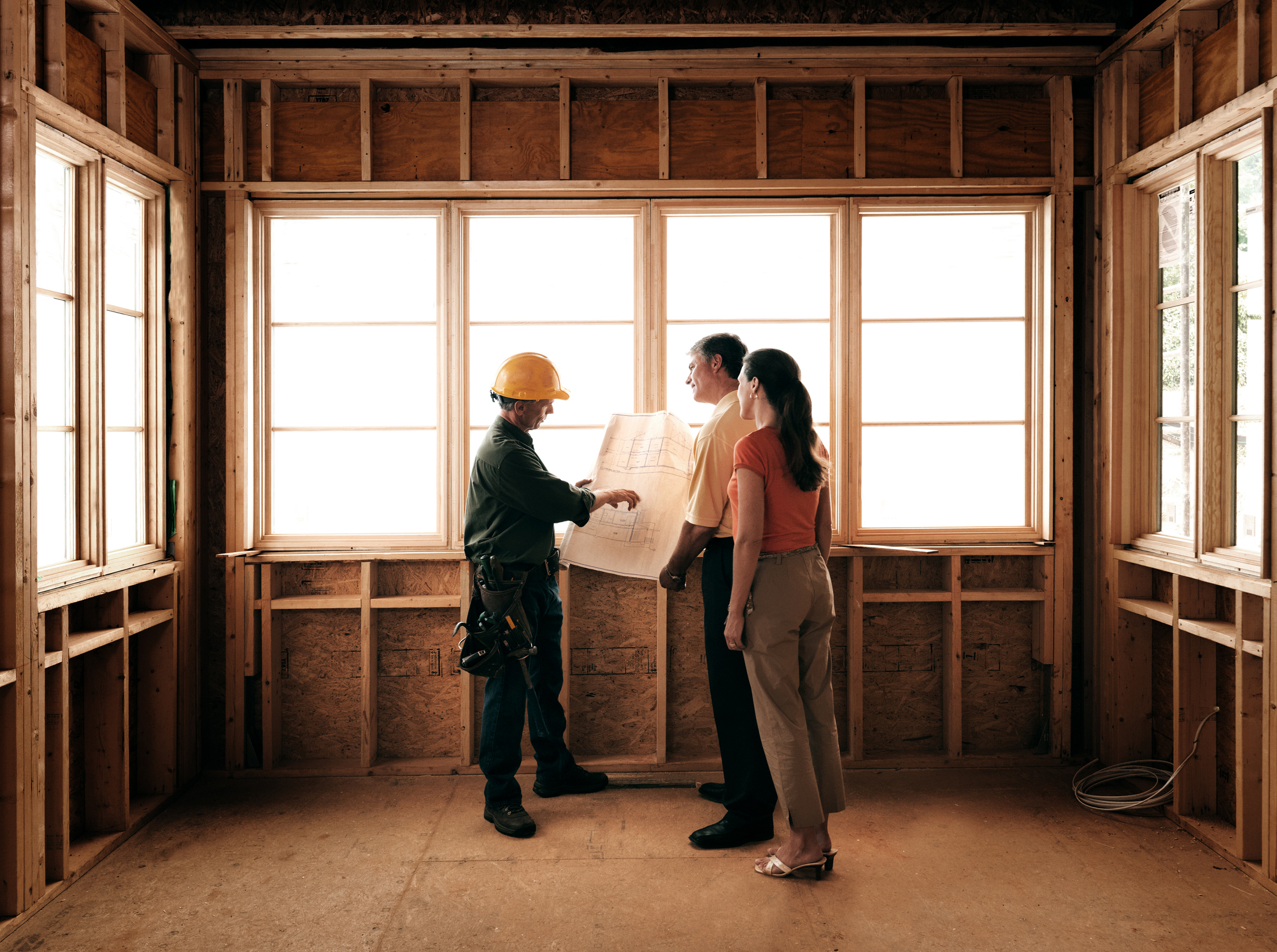How to Prepare for an Open House
To successfully sell your home, you need to attract buyers. This is why open houses are an integral part of the selling process: they allow buyers to experience the property for themselves and envision what life will look like in their new home. To prepare for an open house, you’ll need to work closely with your agent. They can advise you on what buyers in your area are looking for to increase your chances of selling your home.
How to Prepare for an Open House
The earlier you can begin prepping your home for an open house, the better, since getting it in prime showing condition will take time. Start by decluttering and organizing room by room. To truly get your home sparkling clean, you can’t miss those hard-to-reach areas like the baseboards, under your furniture, and your appliances.
To best position your home to sell, consider hiring a professional stager. A well-staged home helps it appeal to the widest possible array of potential buyers, not only for in-person showings, but in online photos as well. Professional staging is equal parts science and art. Stagers are experts in depersonalizing a home while maintaining its stylistic qualities to give buyers the opportunity to imagine the space for their own use. It isn’t just about psychology, though. Staging is a high-ROI expenditure that can add real value to your home.
It may feel counterintuitive, but your absence can be your greatest asset in making your open houses successful. Buyers will often feel uneasy in the presence of the seller as they tour, which will limit their ability to envision their own lives in the home and get excited about the prospect of ownership. Accordingly, you may need to arrange for temporary accommodations during the times your home is being shown. It’s helpful to solidify these plans several weeks in advance to avoid an eleventh-hour scramble.

Put buyers in a feel-good mood with Windermere’s “Open House” playlist on Spotify. Click the image above to listen.
Working with Your Agent
Your agent will be your greatest asset in preparing for open houses. They are experts in understanding how to effectively market your home and how the local market conditions will impact their marketing plan. Once you know it’s time to sell, they’ll analyze data to accurately price the property and keep it competitive in the current market. They’ll also work with you to schedule open houses at the times when buyers are maximally available and actively searching for listings.
Your agent will also help you to stay safe while selling your home. The reality of open houses is that you’re opening your doors to an influx of unfamiliar faces, and it’s worth it to take a few safety precautions beforehand. Perform a thorough walkthrough of your home with your agent to make sure all valuable belongings, medications, family heirlooms, and other important items have been properly secured and/or removed. Once you’ve given your home a clean sweep, discuss your process for screening potential buyers.
For more resources on preparing to sell your home, our Home Selling Guide has everything you need: selling tips, moving checklists, our Home Worth Calculator, and info on how an agent can help.
Seller Essentials – Home Selling Guide
The post How to Prepare for an Open House appeared first on Fort Collins Real Estate | Fort Collins Homes for Sale & Property Search.




